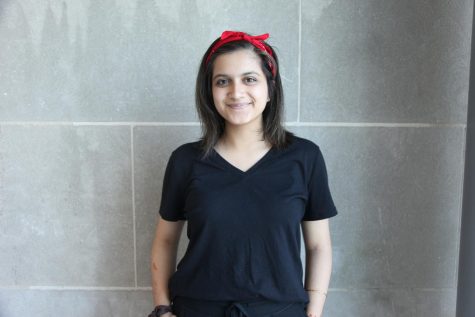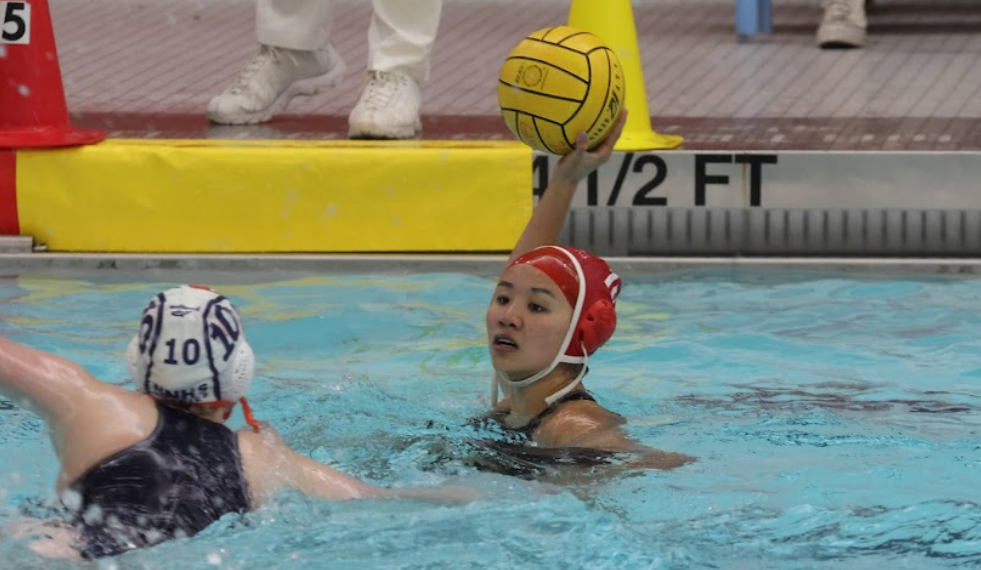Selfish or selfless
November 22, 2018
As a timid freshman looking for ways to get involved at Naperville Central, I attended Rotary Club meetings that had led me to sign up to volunteer at multiple events in the area.
Attending the club meant volunteering at events solely to give back to the community, in line with their motto, “service above self.”
Students are asked to complete two hours to remain a part of the club, but there is no extensive process for being a member of the group. Anyone can join at any time.
Over the months, I drifted away from attending meetings. However, service and volunteering are things I consider to be valuable in developing communication skills with strangers and giving back to the community.
So, naturally, as a junior, I applied to be a member of another club that requires service hours: National Honor Society (NHS).
Membership in National Honor Society requires meeting four criteria which include scholarship, leadership, service and character. Failing to exemplify all four of these standards results in a denial of admission to the organization.
Throughout the school year, NHS members are required to complete at least 20 hours of community service, and the monthly meetings serve as a place where volunteer opportunities are broadcasted. At the root of it, both are service-based organizations meant to foster leadership and community involvement.
The method of attaining hours for NHS , however, can appear to be markedly ingenuine.
For example, at certain events if a member of NHS brings a baked good or food item, they can claim an hour of service. This comes with the assumption that the person actually baked the item, earning the hour of service. However, someone could have just as easily gone to a grocery store, purchased the item and brought it in.
It’s not only NHS that engages in this practice. Every year during parent-teacher conferences there is a bake sale and bringing in a baked good can earn students service hours.
Does that mean NHS or Rotary students can just buy their hours? Not necessarily. There aren’t many opportunities when this is an option for students, but the fact that it even exists calls into question how genuine the volunteer hours completed by members are.
Furthermore, the reason people join NHS can vary. Some join the club in order to list it as another thing they were involved in during high school or to earn a gold cord to wear when they graduate, while others are genuinely committed to service and exemplify the qualities highlighted by NHS.
At some schools NHS can be very exclusive, but at Central, with our school known for having high-achievers, having 400 members in NHS doesn’t seem to be as special on a resume or application.
Students from all backgrounds who meet the four qualifiers for membership in NHS make a commitment to completing 20 hours by the end of the school year for each year that they are a member of the organization. Although, being granted membership may or not may not truly reflect whether a person does display attributes of leadership, scholarship and good character.
When it comes down to it, being a member of a certain organization does not dictate a person’s character and willingness to be involved in their community.
Inherently, organizations that require service hours aren’t bad. They intend to promote values of community involvement and leadership through service. Volunteering organizations are valuable to a certain extent as they encourage students to engage in their communities from a young age.
Despite aspects that could be called into question about any organization, it’s vital that students learn the skills that come with volunteering— communication, collaboration and leadership— that will pave the way for bright futures.







